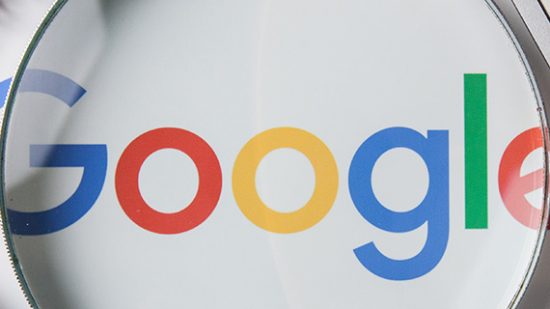
A federal judge issued a key ruling in the blockbuster antitrust trial against the technology titan Google beginning in September. In a decisive move denying the states’ claim that Google illegally maintained a monopoly by cutting off rivals from search distribution channels, D.C.
According to the New York Times, District Court Judge Amit Mehta granted, in part, Google’s motion for summary judgment in the case brought by the Justice Department and a coalition of state attorneys general.
The judge’s decision to narrow the scope of the case is viewed as a blow to companies like Yelp, who have fought for over a decade to have regulators around the world challenge the way Google designs its search results page. Specifically, Judge Mehta excluded arguments surrounding Android mobile operating systems, Google Assistant and internet of things devices as well as their link to the maintenance of Google’s monopoly.
While the judge allowed both enforcers’ claims that Google used exclusive dealings arrangements to violate anti-monopoly law, he excluded the states’ claim that Google had improperly boosted its own products in search results.
The decision sets the stage for the first major tech monopoly trial since the federal government took Microsoft to court in the 1990s, and this case is expected to last nearly 10 weeks. Looming as a matter of utmost importance, the outcome “will set an important precedent about whether these dominant tech platforms are engaging in behavior that limits competition and disadvantages consumers,” noted Bill Baer, former Justice Department antitrust official.
Read more: Jude Rules Google Must Face DOJ Antitrust Suit Over Ad Tech
Google’s President of Global Affairs and Chief Legal Officer, Kent Walker, expressed gratitude for Judge Mehta’s deliberations. He said: “We appreciate the Court’s careful consideration and decision to dismiss claims regarding the design of Google Search.
Our engineers build Search to provide the best results and help you quickly find what you’re looking for. People have more ways than ever to access information, and they choose to use Google because it’s helpful.”
Colorado Attorney General Phil Weiser also commented on the ruling, noting his eagerness to press forward with the multistate attorneys general lawsuit: “I am pleased that the multistate attorneys general lawsuit challenging Google’s monopoly in the search engine market and search advertising will proceed to trial in September. We will continue to evaluate how to best press forward and establish Google’s pattern of illegal conduct that harms consumers and competition.”
When the trial kicks off in September, both parties will be debating the legality of Google’s business practices—specifically, its agreements to be the default search engine on various devices and browsers. Consumers are looking to the case with hope that the verdict will reveal whether Google is undermining the competition through anti-competitive behavior, and it’ll be an exciting showdown between two of the world’s biggest forces.
Source: NY Times
Featured News
Big Tech Braces for Potential Changes Under a Second Trump Presidency
Nov 6, 2024 by
CPI
Trump’s Potential Shift in US Antitrust Policy Raises Questions for Big Tech and Mergers
Nov 6, 2024 by
CPI
EU Set to Fine Apple in First Major Enforcement of Digital Markets Act
Nov 5, 2024 by
CPI
Six Indicted in Federal Bid-Rigging Schemes Involving Government IT Contracts
Nov 5, 2024 by
CPI
Ireland Secures First €3 Billion Apple Tax Payment, Boosting Exchequer Funds
Nov 5, 2024 by
CPI
Antitrust Mix by CPI
Antitrust Chronicle® – Remedies Revisited
Oct 30, 2024 by
CPI
Fixing the Fix: Updating Policy on Merger Remedies
Oct 30, 2024 by
CPI
Methodology Matters: The 2017 FTC Remedies Study
Oct 30, 2024 by
CPI
U.S. v. AT&T: Five Lessons for Vertical Merger Enforcement
Oct 30, 2024 by
CPI
The Search for Antitrust Remedies in Tech Leads Beyond Antitrust
Oct 30, 2024 by
CPI